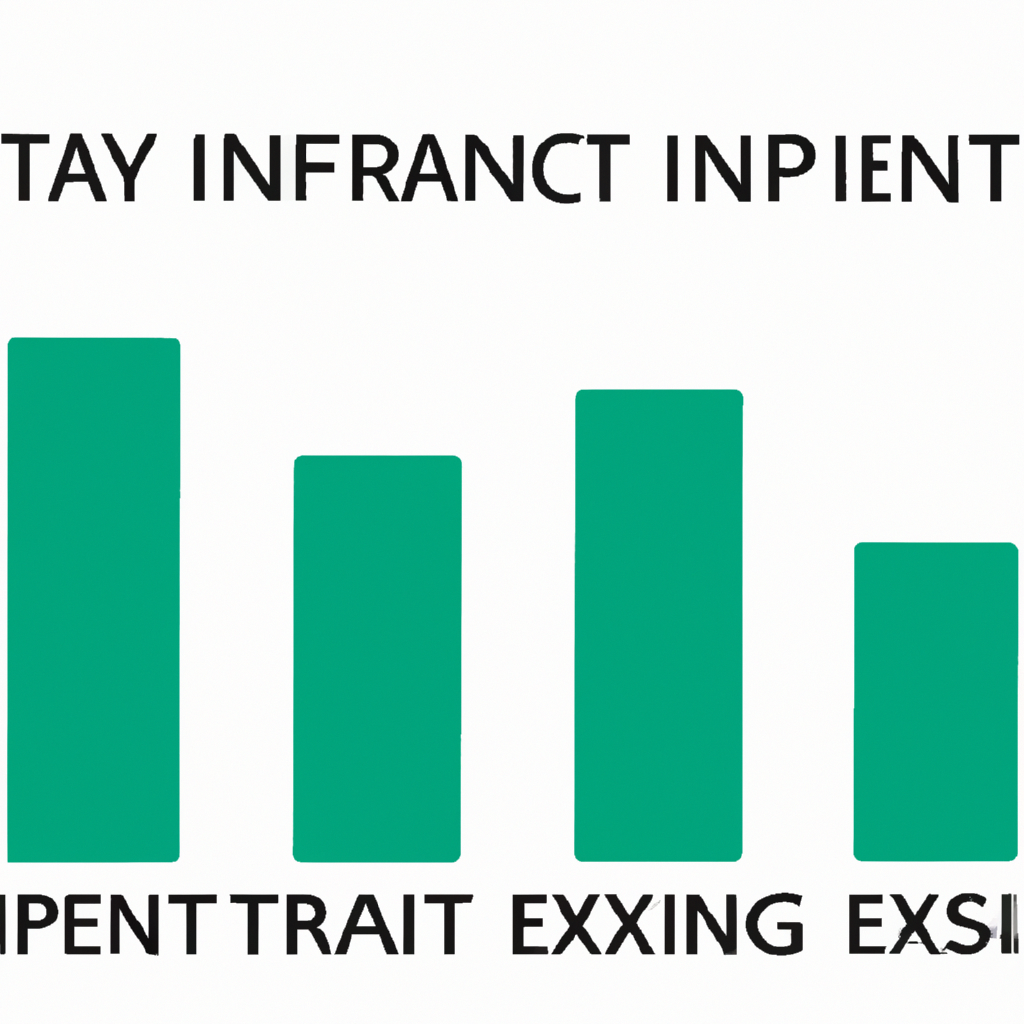Tax-Efficient Investment Rankings: Maximizing Returns while Minimizing Taxes
Introduction
Investing is a crucial aspect of financial planning, but it’s equally important to consider the tax implications of your investment decisions. Tax-efficient investing aims to maximize returns while minimizing the impact of taxes. In this article, we will explore tax-efficient investment rankings and provide insights on how to make informed investment choices.
Understanding Tax-Efficient Investing
Tax-efficient investing involves strategies and decisions that help investors reduce the tax burden on their investment returns. By optimizing your investment portfolio for tax efficiency, you can potentially enhance your after-tax returns and achieve long-term financial goals more effectively.
Factors Affecting Tax Efficiency
Several factors influence the tax efficiency of an investment. Understanding these factors can help you make informed investment decisions:
1. Asset Location
The placement of different types of investments in taxable or tax-advantaged accounts can significantly impact tax efficiency. Generally, it is advisable to hold tax-efficient investments, such as index funds or ETFs, in taxable accounts, while tax-inefficient investments, like actively managed funds or bonds, are better suited for tax-advantaged accounts like IRAs or 401(k)s.
2. Capital Gains Management
Being mindful of capital gains can help minimize taxes. Long-term capital gains are taxed at a lower rate than short-term gains. Therefore, holding investments for more than a year can lead to tax savings. Additionally, tax-loss harvesting, where you sell investments at a loss to offset gains, can be a useful strategy to reduce taxable income.
3. Dividend Reinvestment
Dividends received from investments are taxable. Opting for dividend reinvestment plans (DRIPs) allows you to reinvest dividends back into the investment without triggering immediate tax liabilities. This strategy can compound your returns over time while deferring taxes.
4. Tax-Efficient Funds
Investing in tax-efficient funds can be advantageous. These funds are structured to minimize taxable events, such as capital gains distributions. Index funds and ETFs often have lower turnover rates compared to actively managed funds, resulting in fewer taxable events.
5. Tax-Loss Harvesting
As mentioned earlier, tax-loss harvesting involves selling investments at a loss to offset capital gains. This strategy can help reduce your tax liability. However, it is essential to be aware of the wash-sale rule, which prohibits repurchasing the same investment within 30 days to claim the loss for tax purposes.
6. Asset Allocation
Strategic asset allocation can also impact tax efficiency. Allocating tax-inefficient investments to tax-advantaged accounts and tax-efficient investments to taxable accounts can help optimize tax outcomes. It is crucial to consider your overall investment strategy and tax situation when determining asset allocation.
Tax-Efficient Investment Rankings
Several organizations and financial publications provide tax-efficient investment rankings. These rankings evaluate various investment options based on their tax efficiency and can serve as a valuable resource when making investment decisions. Some factors considered in these rankings include fund turnover, tax drag, and tax-adjusted returns.
Conclusion
Tax-efficient investing is an essential aspect of wealth management. By understanding the factors that impact tax efficiency and utilizing strategies like asset location, capital gains management, and tax-loss harvesting, investors can maximize their after-tax returns. Consulting tax-efficient investment rankings can further guide investors in making informed choices. Remember, tax laws and regulations can vary, so it is always advisable to consult with a financial advisor or tax professional before making any investment decisions.



